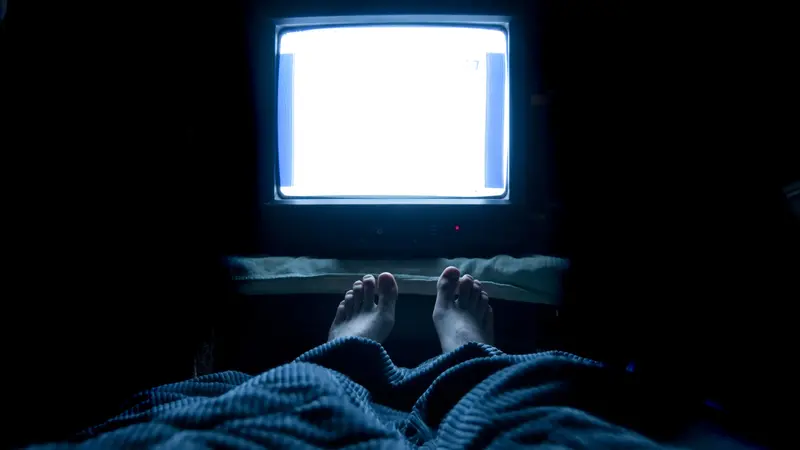

Lifestyle Medicine

Lifestyle Medicine
Lights Out: Light Exposure During Sleep Can Impair Health
While light exposure during the daytime is an important factor for health, a new study highlights the importance of a dark room as part of a sleep hygiene routine. The study, published in Proceedings of the National Academy of Sciences, found that even a moderate amount of ambient nighttime light exposure is a risk factor for adverse health outcomes, including heart and endocrine health.
Researchers at Northwestern University evaluated 20 healthy adults and found that one night of moderate (100 lx) light exposure during sleep increases nighttime heart rate, decreases heart rate variability, and increases next morning insulin resistance when compared to a dimly lit (less than 3 lx) environment. A positive relationship was also found between sympathovagal balance and insulin levels, which suggests that sympathetic activation may play a role in the observed light-induced changes in insulin sensitivity.
Obesity was highest in participants who reported sleeping with a television or light on in the bedroom, which may suggest that light in the bedroom during nighttime sleep may have a negative impact on metabolic regulation.
Making sure to avoid nighttime light exposure may be beneficial for cardiometabolic health.
REFERENCES
Gold, L. (2022, March 24.). Light exposure during sleep can have a negative impact on health. Integrative Practitioner. https://www.integrativepractitioner.com/environmental/news/2022-03-24-light-exposure-during-sleep-can-have-a-negative-impact-on-health-study-finds
Mason, I., Grimaldi, D., et. al. (2022, March 14). Light exposure during sleep impairs cardiometabolic function. Proceedings of the National Academy of Sciences. https://www.pnas.org/doi/full/10.1073/pnas.2113290119


 By
By







